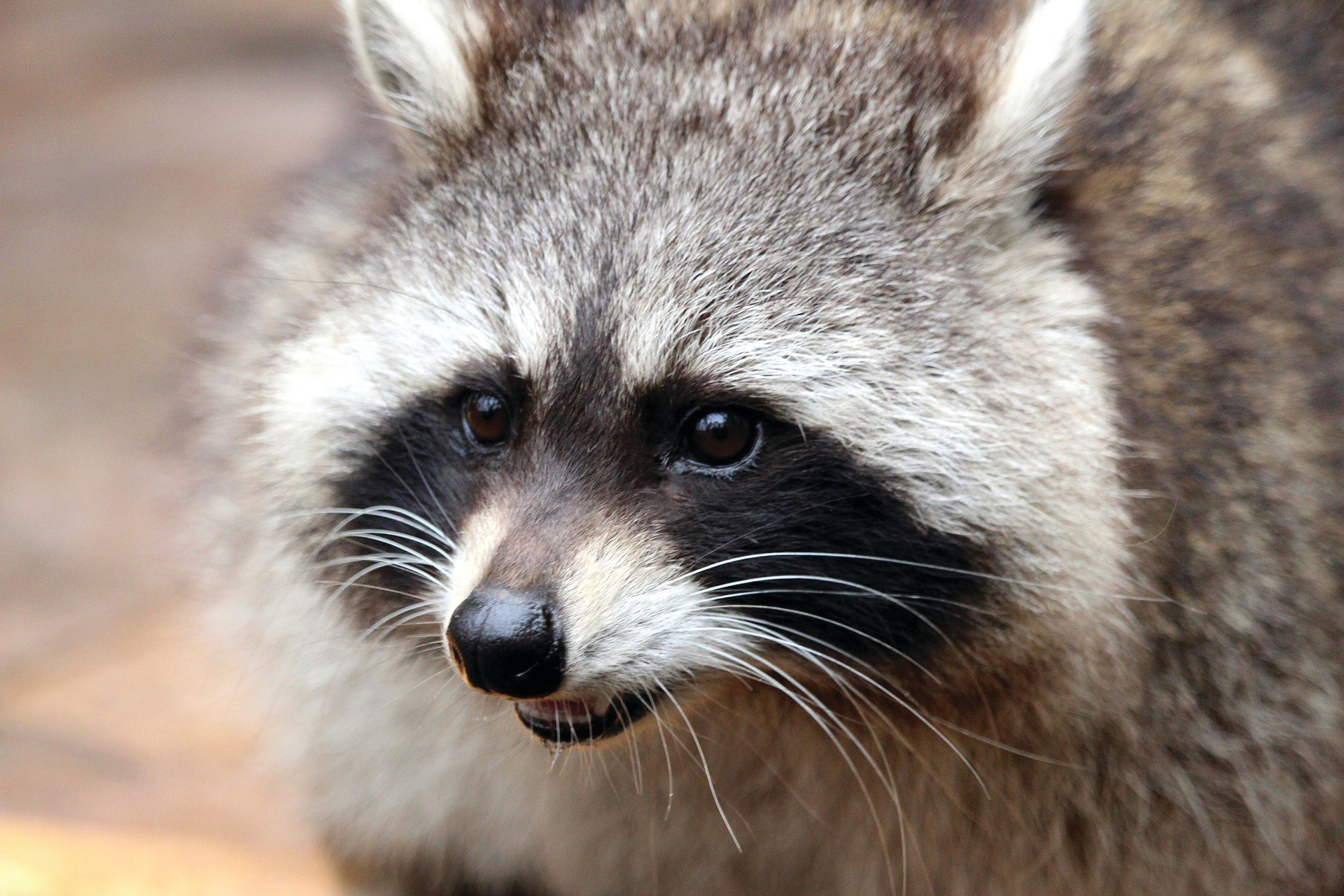Rabid raccoon confirmed in Lee County, rabid cat confirmed in Lexington County
The South Carolina Department of Health and Environmental Control confirmed Wednesday that a cat found near Line Street and Summerland in Batesburg-Leesville has tested positive for rabies. One person was exposed and has been referred to their healthcare provider according to a SC DHEC news release.
Also, a raccoon found near SC-341 and Black Swamp Road in Lynchburg has also tested positive for rabies. No people or pets are known to have been exposed at this time.
The Lexington County cat and the Lee County racoon were both submitted to DHEC's laboratory for testing on Oct. 24, and both were confirmed to have rabies on Oct. 25.
“Keeping your pets up to date on their rabies vaccination is the easiest way to protect you and your family from this deadly virus,” said Terri McCollister, Rabies Program Team Leader, in the release. “Any mammal has the ability to carry and transmit the disease to people or pets. Therefore, give wild and stray animals plenty of space. In South Carolina, rabies is most often found in wildlife such as raccoons, skunks, foxes, and bats, but pets are just as susceptible to the virus. If you see an animal in need, avoid touching it. Contact someone trained in handling animals, such as your local animal control officer, wildlife control officer, or a wildlife rehabilitator. An exposure is defined as direct contact (such as through broken skin or mucous membranes in the eyes, nose, or mouth) with saliva or brain/nervous system tissue from an infected animal.”
If you think that you, someone you know, or your pets have come in contact with this Lee County raccoon, Lexington County cat, or another animal that potentially has rabies, call DHEC's Environmental Affairs Columbia office at (803) 896-0620 or Sumter office at (803) 778-6548 between 8:30 a.m. and 5 p.m. Monday-Friday or after hours and on holidays at (888) 847-0902 (select option 2).
In 2022, the cat is the seventh animal in Lexington County to test positive for rabies, and the raccoon is the second animal in Lee County to test positive for rabies. There have been 68 cases of rabid animals statewide this year. Since 2002, South Carolina has averaged approximately 148 positive cases a year. Of the 101 confirmed rabies cases in South Carolina in 2021, seven were in Lexington County, and none were in Lee County.
Contact information for local Environmental Affairs offices is available at www.scdhec.gov/EAoffices. For more information on rabies visit www.scdhec.gov/rabies or www.cdc.gov/rabies.
More Articles to Read

